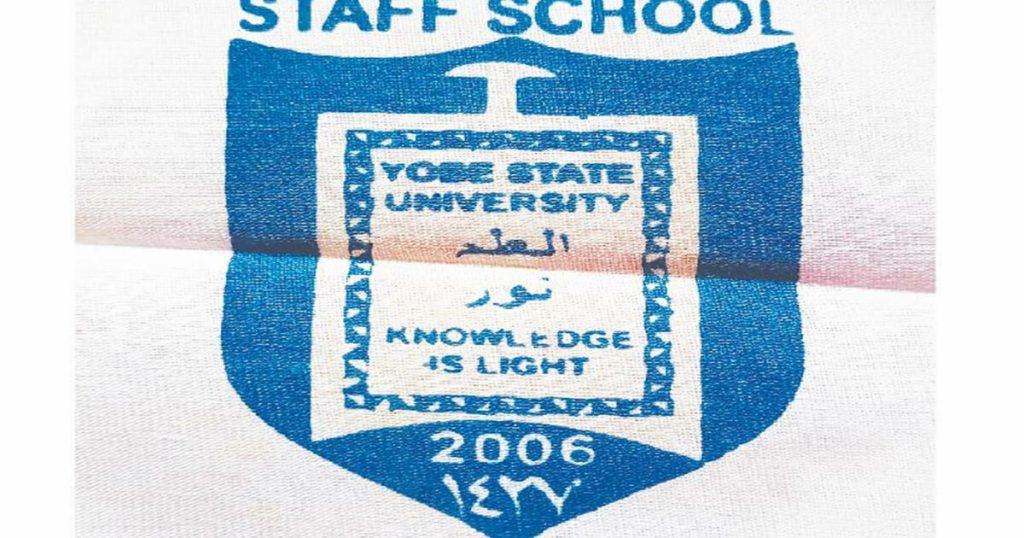The Yobe State University Staff School, established in 2006 through a collaborative effort between the university and the Community Social Development Program (funded by the World Bank and UNDP), currently faces a severe state of disrepair and neglect. Originally intended to provide quality education for children of university staff and the surrounding communities, the school now stands as a shadow of its former self. This decline is a source of significant concern for education stakeholders and the academic community in Yobe State. The school, which once served as a vital educational resource for communities like Kasisa village, the Yobe Broadcasting Corporation, the Mobile Police barracks, and other nearby settlements, now lies dilapidated and underutilized. The initial promise of a seamless educational pathway from nursery to secondary school, culminating in university programs, has faded due to years of neglect and mismanagement.
The decline of the staff school can be attributed to several factors, primary among them being the university’s failure to effectively manage and maintain the institution. Despite its strategic importance and initial success, the university administration seemingly neglected the upkeep of the school’s infrastructure and failed to address the concerns of its staff. Past attempts to revive the school have been unsuccessful. A former Vice Chancellor, Prof. Mala Mohammed Daura, acknowledged the school’s challenges, including the lack of additional structures and the non-residential nature of the university environment, which discouraged staff from living on campus and utilizing the school. A committee formed to review the school’s status ultimately failed to produce a report, further hindering progress.
The current state of disrepair is evident in the dilapidated facilities and the near-total desertion of the school by students and teachers. Two blocks, each with three compartments, a VIP toilet, and other infrastructure, funded through the collaborative efforts of the UNDP and local communities, are now falling apart. The once vibrant classrooms are now empty, with only a handful of students and staff remaining. This situation highlights the stark contrast between the university’s growth and reputation as a reputable institution offering undergraduate and postgraduate programs, and the neglect of its own staff school, which was initially envisioned as a key component of its community development initiatives.
Several suggestions have been put forward to revitalize the staff school and restore it to its former glory. These include offering permanent and pensionable appointments to the temporary teachers, which would provide greater stability and encourage them to remain at the school. Additionally, the university management has been advised to collaborate with the Yobe State Universal Education Board to explore potential avenues of support and resources. These recommendations aim to address the underlying issues contributing to the school’s decline, including staffing instability and a lack of adequate resources.
Community members echo the concerns of education stakeholders, emphasizing the importance of staff schools for university communities and their surrounding areas. They argue that establishing a staff school is a fundamental requirement for higher institutions, designed to support the education of staff children and contribute to the development of nearby communities. The current state of the Yobe State University Staff School is seen as a disservice to both the university community and the surrounding areas that once benefited from its presence. They advocate for a collaborative effort between the university and the communities to reopen the school, fulfilling the institution’s social responsibility and restoring a valuable educational resource.
The current administration, under the leadership of Vice Chancellor Prof. Bukar Jamri, has an opportunity to address this pressing issue and revitalize the staff school. By implementing concrete measures to address the school’s challenges, the university can reinstate the school’s purpose of serving both the university community and surrounding areas. The success of this endeavor hinges on the administration’s commitment to allocating the necessary resources and implementing sustainable solutions to ensure the staff school’s long-term viability. The hope remains that the university will recognize the importance of this institution and take decisive action to restore it to its former status as a vital educational asset.


